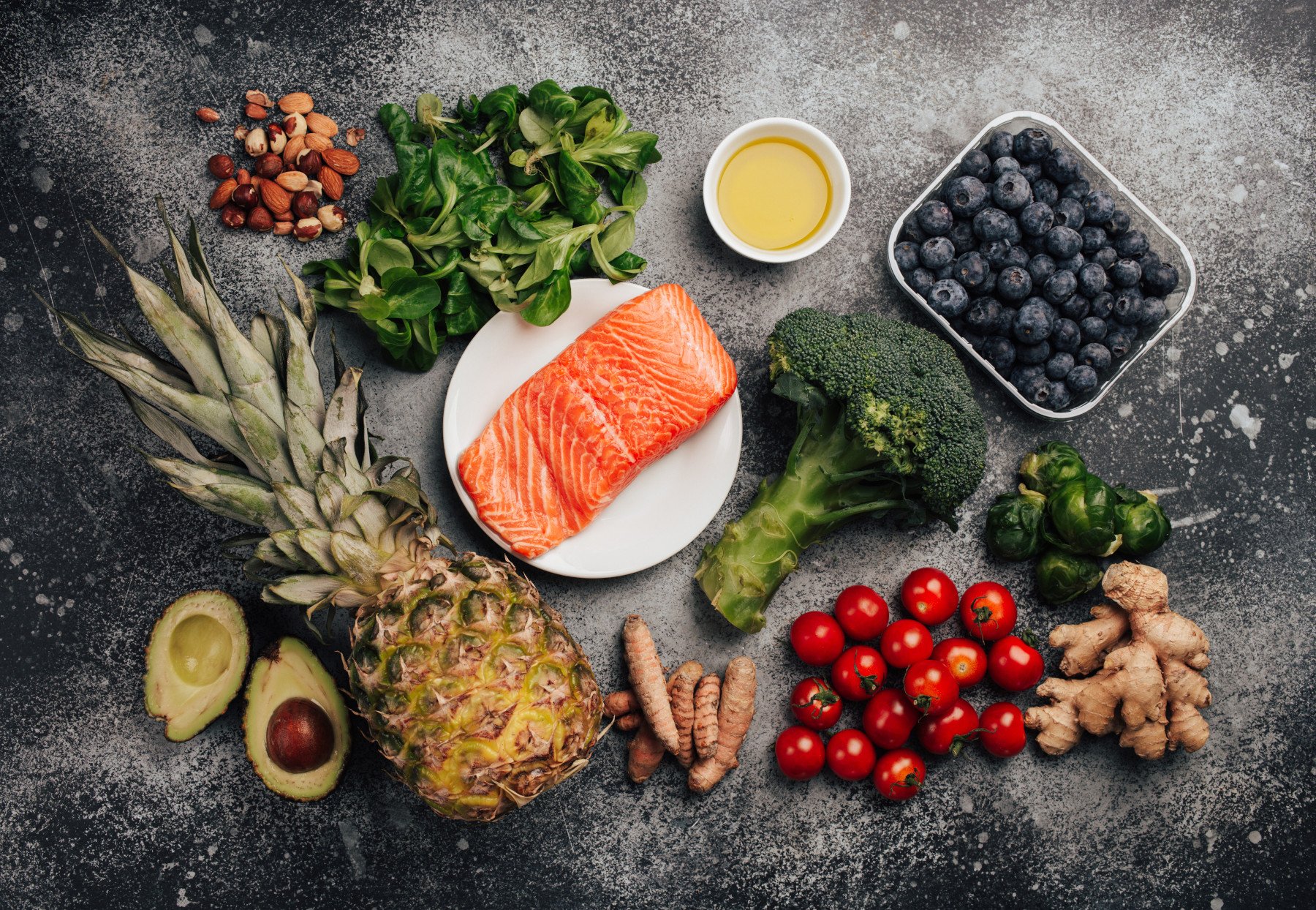
ANTI-INFLAMMATORY DIET
Chronic inflammation is a leading cause of many mental and physical health issues, including depression, anxiety, autoimmune diseases, cardiovascular disease, and cancer. Inflammation can cause damage to tissues and organs over time and may contribute to the development of chronic health conditions. Reducing exposure to plant-based chemicals that can contribute to inflammation may help to prevent or manage these health issues.
Salicylates, oxalates, phytotoxins, lectins, mycotoxins, and glycoalkaloids are all plant-based chemicals that can contribute to inflammation in the body. Inflammation is the body's natural response to injury or infection, but when it becomes chronic, it can contribute to a variety of mental and physical health issues.
Salicylates are found in many fruits, vegetables, and nuts and can trigger an inflammatory response in some individuals. Salicylate intolerance can cause a variety of symptoms, including skin rashes, gastrointestinal problems, and respiratory issues.
Oxalates are found in some vegetables, fruits, and nuts and can contribute to the formation of kidney stones. Oxalates can also bind to calcium and other minerals in the body, making them less available for absorption.
Phytotoxins are produced by plants to protect themselves from predators. Some nightshade vegetables (e.g. tomatoes, eggplants, and potatoes) contain phytotoxins that can contribute to inflammation and digestive problems in some individuals.
Lectins are a type of protein found in many plant-based foods, including beans, soybeans, and lentils. Lectins can interfere with nutrient absorption and cause digestive problems, such as bloating and gas. In some cases, lectins may also contribute to inflammation in the body.
Mycotoxins are produced by certain fungi that grow on crops such as corn and peanuts. Consumption of mycotoxin-contaminated food can contribute to inflammation and a variety of health problems, including liver damage and cancer.
Glycoalkaloids are toxic compounds found in the green parts of potatoes. High levels of glycoalkaloids can cause gastrointestinal problems, including abdominal pain, diarrhea, and vomiting.
